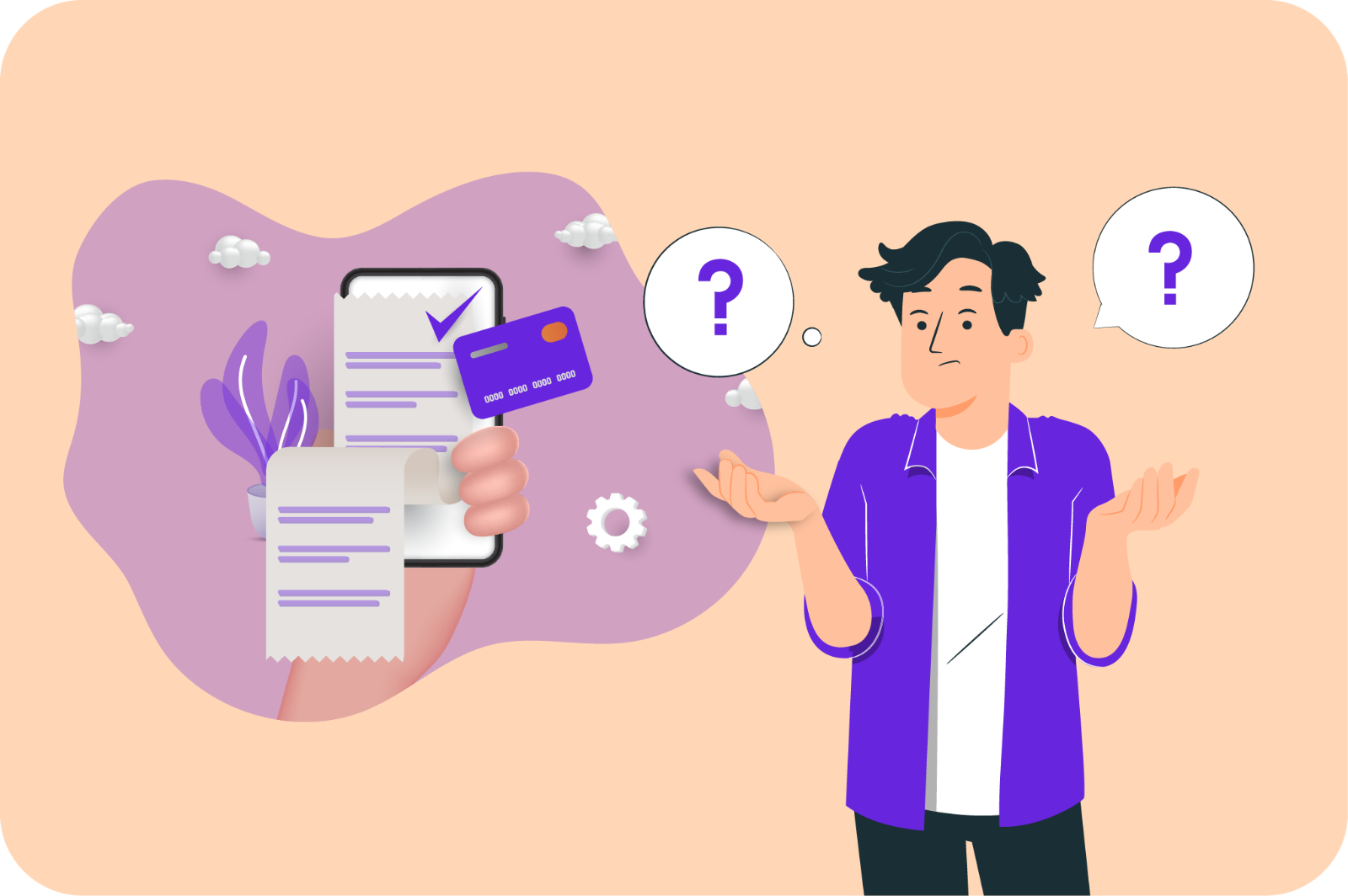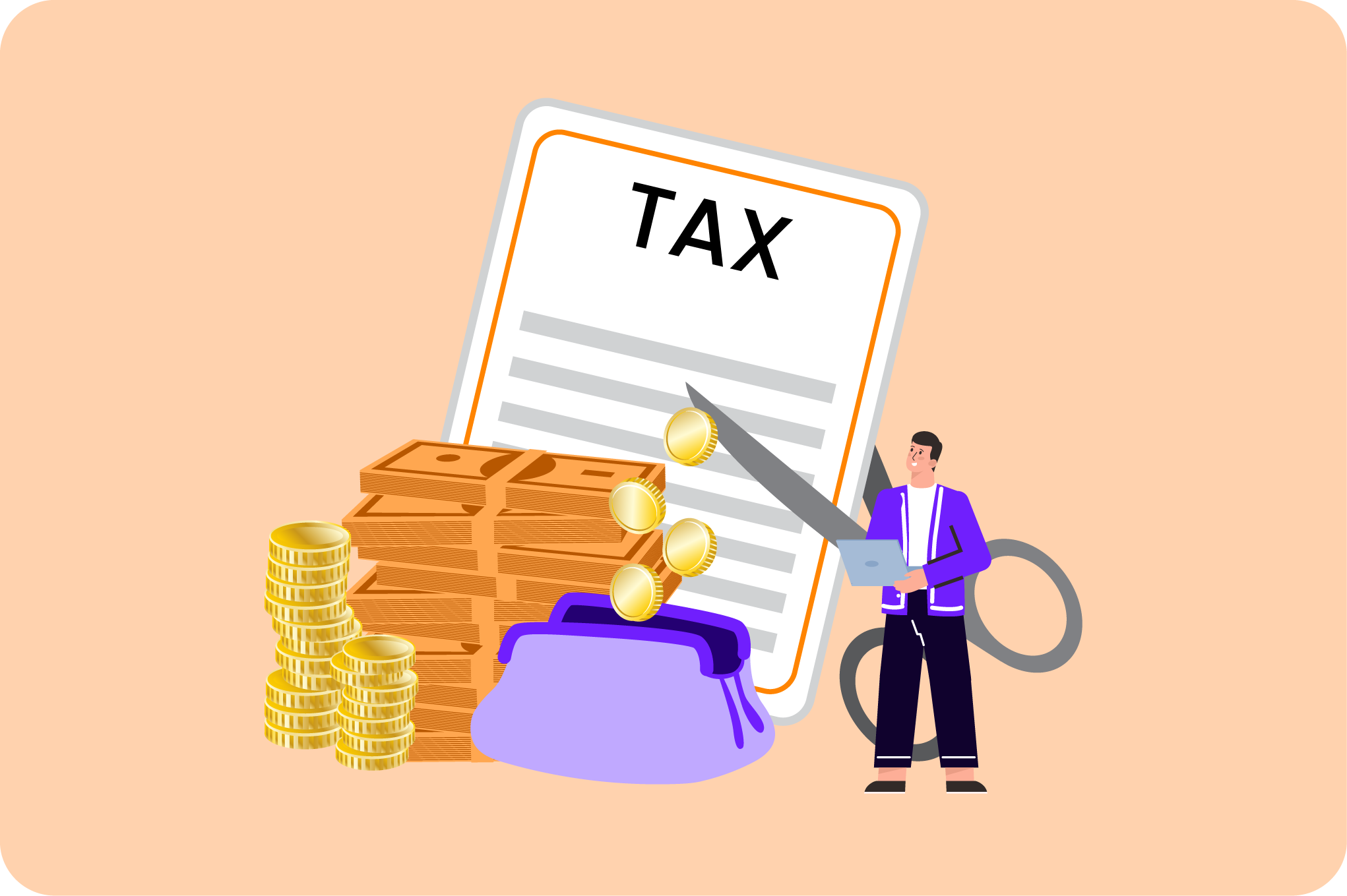Why You Should Pay Your Credit Card Bill in Full
Benefits of Paying Your Credit Card Bill in Full
Credit cards allow you to benefit from the float or credit period and manage your money better. While the credit period is a useful benefit, many people tend to only pay the minimum amount due. Here’s why you shouldn’t just pay the minimum amount.
What is a Credit Card Outstanding Balance?
The outstanding balance is the amount payable to the credit card issuer. This balance includes not just the total sum of all your purchases through your credit card but also the interest charged on any unpaid amount, late payment penalties, and other charges incurred during a particular billing cycle, including purchases converted into EMIs.
How Do Credit Card Payments Work?
Every credit card has a set credit limit, which is the amount you can spend using that card. Each lender also provides a credit period during which no interest is charged if the credit card dues are paid in full. The card issuer sends you a monthly credit card bill detailing the minimum amount due, the due date, and other charges, if any.
If you cannot pay your credit card bill in full for a particular month and decide to pay only the minimum due amount (or less), the remaining balance will be carried over to the following month's balance and incur interest. Therefore, paying off the entire amount due is more beneficial than just paying the minimum amount.

Advantages of Paying Your Credit Card Bill in Full
Paying your credit card bill in full comes with several benefits:
- It reduces your outstanding amount and maintains a good repayment history.
- No interest is charged since there is no remaining balance; you only pay for your purchases.
- Paying off your credit card bills in full and on time reduces your credit utilisation ratio, which can help improve your credit score.
- You gain a clearer understanding of your monthly budget, enabling better planning for the next month without the headache of paying interest on an unpaid credit card balance.
Impact on Credit Score After Clearing Monthly Credit Card Dues in Full
There is a misconception that paying only the minimum due amount will not affect your credit score. This is not true; it does impact your credit score. If the outstanding balance is excessively high compared to your credit limit, it increases your credit utilisation ratio, which ideally should be below 30% of your credit limit. Regularly maintaining high credit utilisation can make you appear financially irresponsible to credit bureaus. Paying your credit card dues in full positively impacts two crucial factors of your credit score: payment history and credit utilisation ratio.



Leave a comment